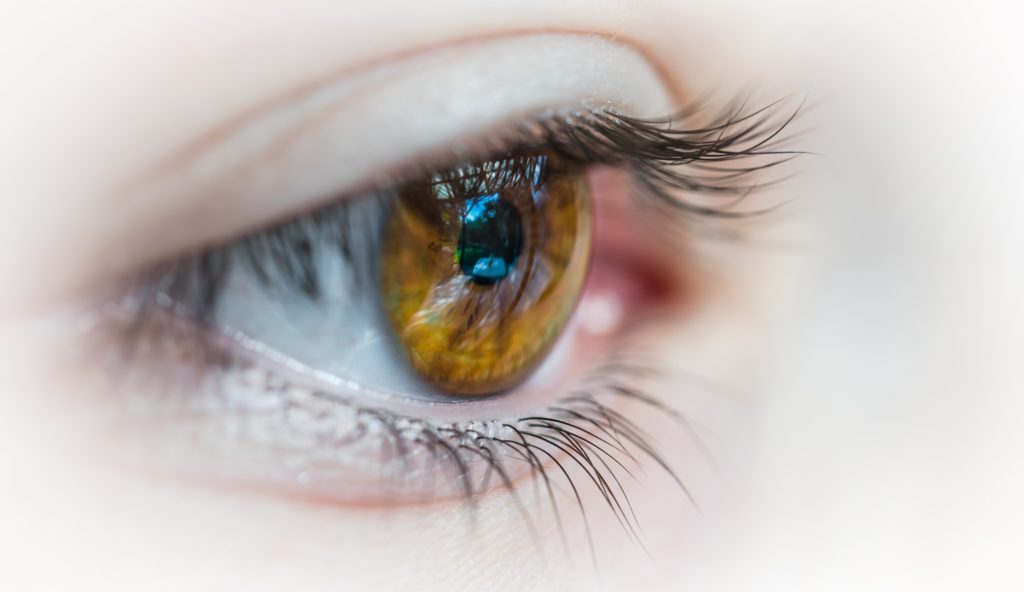What is LASIK, and how does it work?

By 2050, half of the world will be myopic. We’re increasingly becoming dependent on our glasses or contact lenses. Laser eye surgery treatment is another option for reversing myopia. For treating refractory problems like myopia, hyperopia or astigmatism accurately, your ophthalmologist may suggest a LASIK eye surgery. So what is LASIK? LASIK is a popular type of laser vision correction treatment that treats vision problems such as nearsightedness, farsightedness and other irregularities in the cornea or lens of the eye.
LASIK is an abbreviation for Laser-Assisted in Situ Keratomileusis. The surgical procedure aims to change the shape of your cornea for clear vision by providing precise vision correction with quick healing time. Other laser treatments and refractive surgeries reshape the cornea by cutting slits in the cornea and sculpting the eye lens, using a laser. Some examples of alternative refractive surgeries and laser eye surgery treatments include
- Advanced Surface Ablation
- Radial Keratotomy
- Photorefractive Keratectomy
- Enhancement Surgery
The LASIK procedure on the other hand involves reshaping the corneal tissue. It involves removing a microscopic amount of tissue from the cornea. A circular flap is first opened in the center of the cornea and then put back in place after reshaping. This method will correct focusing power of the eye lens for clear vision.
What’s good about LASIK?
- It’s pain-free
- Requires only a quarter of an hour to do the surgery for both the eyes
- Vision stabilizes within 24 hours after the surgery
- Doesn’t require bandages or stitches after the surgery
- Vision can be adjusted if it varies with age years later
How to prepare for LASIK surgery?
- Patients wearing glasses or contact lenses will be advised to stop 2 to 3 weeks prior to the surgery.
- The eye surgeon examines the eyes and the medical history of the patient.
- Corneal thickness, eye pressure, corneal mapping and pupil dilation are evaluated.
- Numbing eye drops are administered to the patient’s eye before surgery to prevent any discomfort that may occur during the surgery.
- In some cases, medications are administered to relax during the period of the treatment.
- Patients are directed to take only a light meal on the day before the surgery.

What to expect after the surgery?
Immediately after the surgery, you may experience temporary itching in your eyes and burning sensations. While most get a clear vision immediately after the surgery, few may suffer blurry vision which will soon clear away. Avoid rubbing the eyes and driving until the eye heals completely.
What are the risks?
The risk of going blind is a rarity unless the doctor commits a mishap while creating the flap. Performing LASIK on a thin cornea may also result in blinding complications. Other inconveniences like glare, halos, fluctuation vision, and dry eyes may show up in rare cases.
Who can’t undergo LASIK?
Younger patients below or in their early 20s, who have an unstable refractive power. Patients who may be suffering from hormone fluctuations due to diseases like diabetes. Those suffering from visionary fluctuation due to medications. Pregnant and breastfeeding moms. People who actively participate in close contact sports, such as wrestling, and martial arts.
Under no condition should the patient commit to the surgery due to someone’s influence. Discuss with an eye health professional on the risk factors involved in LASIK surgery before making a decision.
Tools Designed for Healthier Eyes
Explore our specifically designed products and services backed by eye health professionals to help keep your children safe online and their eyes healthy.
